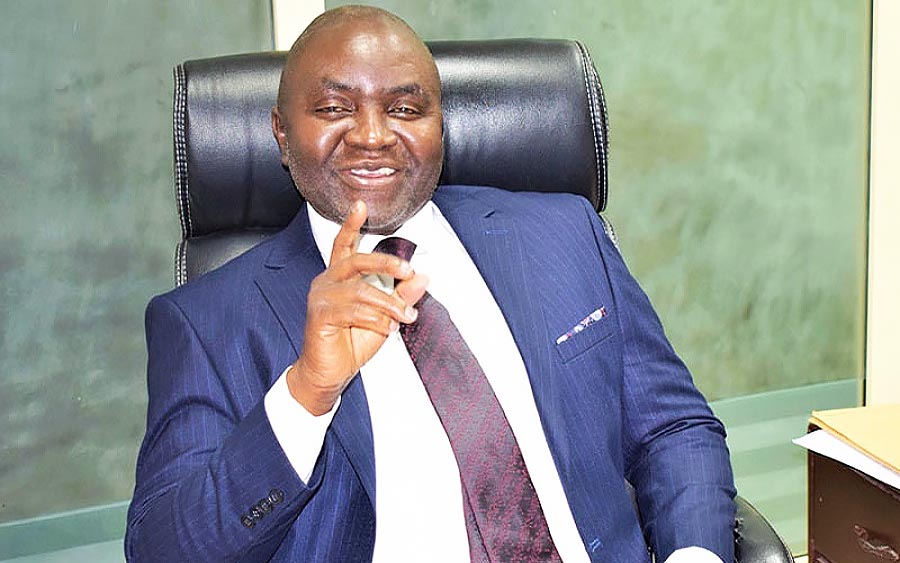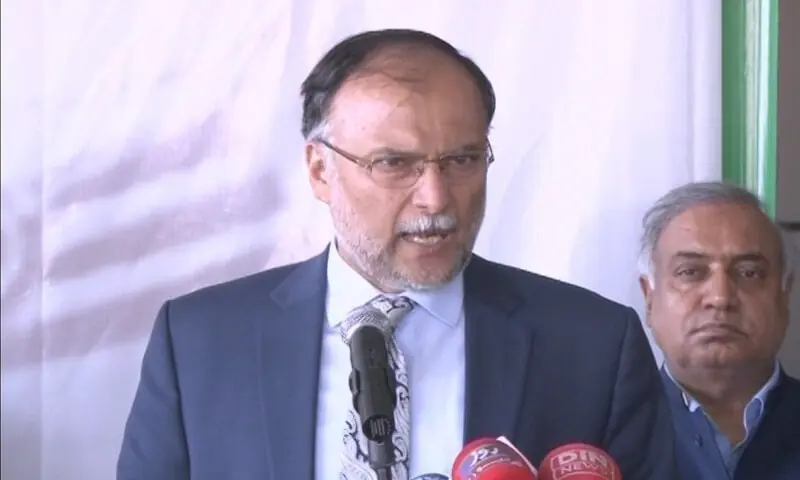By Ngozi Nwoke,Rapheal
Copyright thesun

Kidnapping, insurgent attacks, property destruction scare investors
By Ngozi Nwoke
A former Director General of the Lagos Chamber of Commerce and Industry (LCCI), Dr. Muda Yusuf, has called for a multi-dimensional approach to tackling insecurity, including strengthening security institutions, using technology, addressing poverty, and fostering community and regional cooperation. Yusuf, who is also the founder and Chief Executive Officer of the Centre for the Promotion of Private Enterprise (CPPE), made the declaration at the 2025 Kosofe Chamber of Commerce Security and Economic Dialogue.
The economist stressed that insecurity, ranging from terrorism, banditry, kidnapping for ransom, armed robbery, militancy, oil theft, communal clashes, herder-farmer conflicts to cybercrime, is not just a social or political issue but fundamentally an economic problem.
“It erodes the foundations of growth, distorts markets, and deters investment,” said, noting that insecurity has weakened investor confidence in Nigeria.
“Both local and foreign investors seek stability, predictability, and safety. Frequent reports of kidnappings, insurgent attacks, and property destruction have created a climate of fear, leading to higher cost of capital, stalled projects, or outright relocation of businesses.”
He stated that according to UNCTAD, foreign direct investment inflows to Nigeria have fluctuated significantly due to insecurity.
“Agriculture, the backbone of Nigeria’s economy, has been severely hit. Farmers in the North-East and North-West have abandoned farmlands due to attacks.
“Food supply disruptions have led to sharp increases in food inflation, worsening poverty and hunger. Nigeria’s spending on food imports has risen, straining foreign exchange reserves.”
He noted that the oil and gas sector, a major revenue earner, has also suffered massively as pipeline vandalism and oil theft cause billions of dollars in losses annually while crude oil production has sometimes fallen below OPEC quotas.
Yusuf added that insecurity has increased government spending on security, diverting resources from critical sectors like education, healthcare, and infrastructure. Business owners, he also said, spend more on private security and logistics, making goods less competitive.
The CPPE boss lamented that insecurity has worsened unemployment, creating a vicious cycle of poverty.
“Companies have closed operations in high-risk areas, displacing communities. Young people are vulnerable to recruitment by criminal groups. Insecurity has also led to regional economic disparities with states plagued by banditry or militancy experiencing lower investment and growth.”



